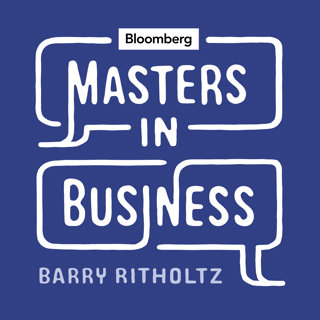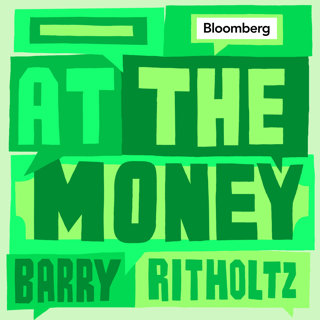
Jack Devine Talks About the FBI and CIA
Bloomberg View columnist Barry Ritholtz interviews Jack Devine, a CIA veteran and founding partner and president of The Arkin Group LLC, which specializes in international crisis management, strategic...
9 Helmi 20181h 21min

Constance Hunter Discusses International Finance
Bloomberg View columnist Barry Ritholtz interviews the chief economist of KPMG LLP, Constance Hunter, who has more than 20 years of investment experience across all main asset classes, including seven...
2 Helmi 20181h 5min

Thomas D. Gilovich Talks About Human Behavior
Bloomberg View columnist Barry Ritholtz interviews Thomas Gilovich, the Irene Blecker Rosenfeld Professor of Psychology at Cornell University. He has conducted research in social psychology, decision ...
25 Tammi 20181h 14min

Ed Mendel Talks About Ethics in Finance and Business
Bloomberg View columnist Barry Ritholtz interviews Ed Mendel. He co-founded Ned Davis Research (NDR) and Davis, Mendel & Regenstein (DMR) in 1980, when he and his partner Ned Davis left J.C. Bradford ...
19 Tammi 20181h 5min

Brooke Lampley Illuminates the Business Side of Art
Bloomberg View columnist Barry Ritholtz interviews Brooke Lampley, the vice chairman of the fine art division at Sotheby’s. Previously, Lampley was the senior vice president and head of the Impression...
11 Tammi 20181h 13min

Bruce Bartlett Talks About Why Truth Matters
Bloomberg View columnist Barry Ritholtz interviews Bruce Bartlett, an American historian who specializes in supply-side economics. Bartlett held senior policy roles in the Ronald Reagan and George H.W...
3 Tammi 20181h 13min

Anil Dash Talks About Tech Industry Ethics
Bloomberg View columnist Barry Ritholtz interviews Anil Dash, an entrepreneur, activist and writer recognized as one of the most prominent voices advocating for a more humane, inclusive and ethical te...
28 Joulu 20171h 21min

Ric Edelman on Translating Financial Language for Consumers
Bloomberg View columnist Barry Ritholtz interviews Ric Edelman, founder and executive chairman of Edelman Financial Services LLC. Edelman also serves as a director of the Wolftrap Foundation for the P...
22 Joulu 20171h 11min






















